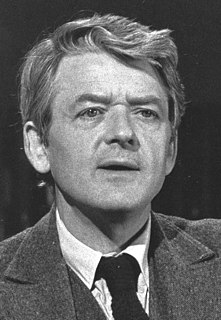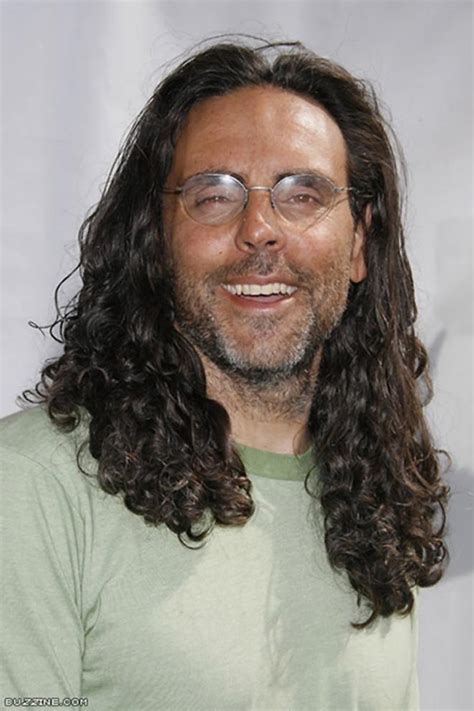A Quote by Baron de Montesquieu
With truths of a certain kind, it is not enough to make them appear convincing: one must also make them felt. Of such kind are moral truths.
Related Quotes
There are certain truths which stand out so openly on the roadsides of life, as it were, that every passer-by may see them. Yet, because of their obviousness, the general run of people disregard such truths or at least they do not make them the object of any concious knowledge. People are so bliend to some of the simplest facts in everyday life that they are highly surprised when somebody calls attention to what everybody ought to know.
So multifarious are the different classes of truths, and so multitudinous the truths in each class, that it may be undoubtingly affirmed that no man has yet lived who could so much as name all the different classes and subdivisions of truths, and far less anyone who was acquainted with all the truths belonging to any one class. What wonderful extent, what amazing variety, what collective magnificence! And if such be the number of truths pertaining to this tiny ball of earth, how must it be in the incomprehensible immensity!
Teddy grinned again. 'Truths are dangerous,' he said. -'Then why are you writing them in a book?' -'To catch them between the pages,' said Teddy, 'and trap them before they disappear.' -'If they're dangerous, why not let them disappear?' -'Because when truths disappear, they leave behind blank spaces, and that is also dangerous.
It was possible, maybe, to have facts in your mind that weren't facts at all. You could build a whole life's story on false assumptions. You could make truths out of untruths and untruths out of truths. Until you spoke them, really said them out loud or checked for sure, you may not have known which were which.
There are several kinds of truths, and it is customary to place in the first order mathematical truths, which are, however, only truths of definition. These definitions rest upon simple, but abstract, suppositions, and all truths in this category are only constructed, but abstract, consequences of these definitions ... Physical truths, to the contrary, are in no way arbitrary, and do not depend on us.
There are different kinds of truths for different kinds of people. There are truths appropriate for children; truths that are appropriate for students; truths that are appropriate for educated adults; and truths that are appropriate for highly educated adults, and the notion that there should be one set of truths available to everyone is a modern democratic fallacy. It doesn't work.



































